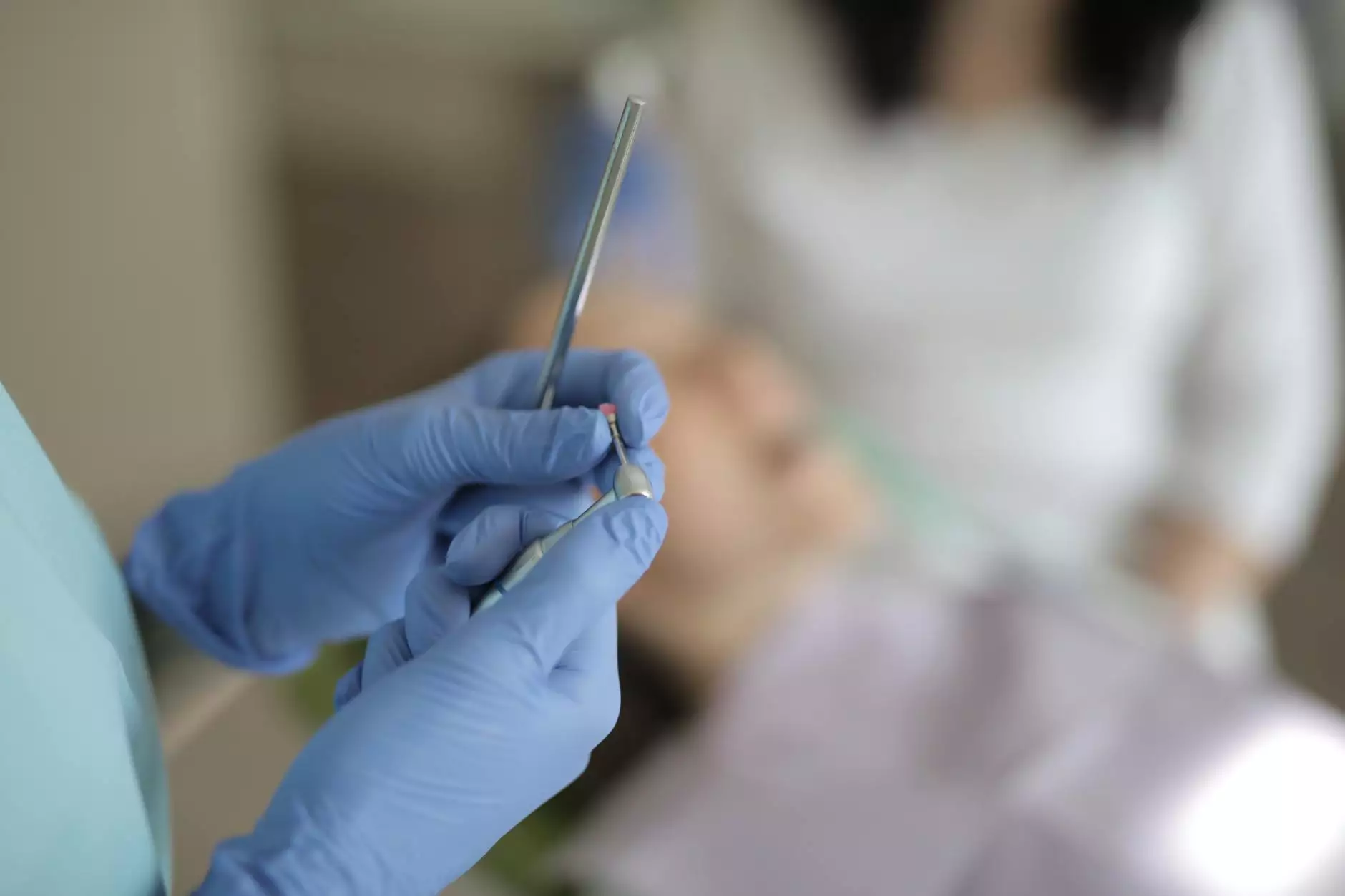The Importance of Diplomas in Brazil: Unlocking Opportunities

In today's competitive landscape, having the right credentials is essential for success. In Brazil, diplomas serve as a key to a myriad of career opportunities and can dramatically influence one’s professional trajectory. This article will delve into why diplomas are so significant in Brazil, the avenues for obtaining them, and whether buying fake diplomas Brazilian could be a feasible option.
Understanding the Value of Diplomas in Brazil
Diplomas are not just pieces of paper; they symbolize years of hard work, dedication, and the attainment of knowledge in a specific field. In Brazil, higher education has become increasingly important, often determining employment opportunities and salary expectations.
Educational Landscape in Brazil
Brazil boasts a rich educational landscape with numerous universities and colleges offering various courses. The educational system emphasizes theoretical knowledge coupled with practical application. Obtaining a diploma from a reputable institution is often viewed as a critical stepping stone in one's career.
- Prestige of Brazilian Universities: Institutions such as the University of São Paulo (USP) and the State University of Campinas (Unicamp) are recognized worldwide.
- Employment Market Demands: Many employers prioritize candidates with formal degrees, often requiring them for even entry-level positions.
- Professional Licensing: Certain professions in Brazil mandate specific diplomas for licensure (e.g., medicine, engineering, law).
The Path to Getting a Diploma in Brazil
Acquiring a diploma generally involves several steps, including choosing a field of study, completing necessary coursework, and passing final examinations. Here’s an overview of the process:
1. Choosing the Right Field of Study
Your first step is to identify your interests and career aspirations. Popular fields in Brazil include:
- Business Administration
- Engineering
- Health Sciences
- Computer Science
- Law
- Fine Arts
2. Enrolling in a University
Once you’ve chosen a field of study, the next step is enrollment. Admission exams, such as the ENEM (Exame Nacional do Ensino Médio), play a crucial role in the selection process for most universities in Brazil.
3. Completing Your Education
Throughout your studies, you will be expected to learn a mix of theoretical and practical concepts, culminating in a thesis, project, or internship, depending on the course requirements.
4. Graduating and Receiving Your Diploma
Upon successful completion of your studies, you will be awarded a diploma, which will officially mark the completion of your educational journey.
The Controversial World of Fake Diplomas
While legitimate diplomas are essential for professional success, some individuals explore the option to buy fake diplomas Brazilian. This practice raises ethical questions and legal concerns.
Why Do People Consider Fake Diplomas?
There are several reasons why someone may consider purchasing a fake diploma:
- Time Constraints: Some individuals may feel pressured to advance their careers quickly.
- Financial Limitations: The cost of education in Brazil can be prohibitive.
- Improving Job Prospects: In a competitive market, applicants may feel that having a diploma, even a fake one, will increase their chances of employment.
Legal Implications of Fake Diplomas
Buying fake diplomas can lead to severe legal consequences, including fines and imprisonment. It is essential for individuals to understand the gravity of this choice and the impact it may have on their future.
Exploring Alternatives to Fake Diplomas
Instead of resorting to illegal options, consider the following alternatives that can enhance your qualifications without compromising your integrity:
1. Online Courses and Certifications
Many reputable platforms offer courses that provide certificates upon completion. These can add value to your resume and demonstrate your commitment to professional growth.
2. Vocational Training Programs
Trade schools and vocational programs offer practical skills that can lead directly to employment. These programs often have shorter durations and can be more affordable than traditional university degrees.
3. Networking and Experience
Gaining practical experience through internships, volunteering, or entry-level positions in your desired field can sometimes outweigh the need for a formal diploma.
Testimonials: Success Stories Without Traditional Diplomas
Many successful professionals have risen through the ranks without traditional diplomas. Their stories often highlight perseverance, creativity, and the importance of practical experience over formal education.
Case Study: Maria's Journey
Maria, an aspiring artist, found that her portfolio and connections within the art community opened doors for her more than any diploma could. Today she runs a successful gallery and serves as an inspiration to many.
Networking: The Real Key to Career Advancement
In Brazil's dynamic job market, networking plays a vital role. Building relationships with industry professionals can often lead to job opportunities that formal education may not provide.
Conclusion: The Best Path Forward
While the allure of purchasing fake diplomas may seem appealing to some, the long-term risks far outweigh the short-term benefits. Pursuing legitimate educational pathways, gaining experience, and leveraging networks will lead to sustainable career growth and a fulfilling professional life.
In conclusion, investing in your education, whether through traditional means or alternative strategies, is essential for achieving your career aspirations in Brazil. Never underestimate the power of hard work, dedication, and integrity in shaping a successful future.



